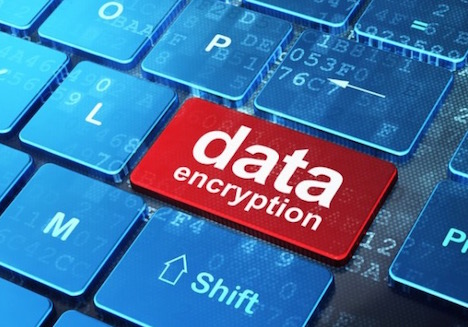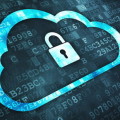10 Interesting Facts about Data Encryption You Must Know
Data encryption is where messages are encoded in a way that only those allowed can read the information. Although it does not prevent interception, it does prevent the content of the message from being read by those who do not have permission to do so. Encryption is used to protect data that is being transferred by networks, mobile phones, wireless microphones, wireless intercom systems, Bluetooth devices, and ATMs. Sensitive data should be encrypted. These include:
- Credit or debit card numbers
- Driver’s license numbers
- Patient information with personal data
- Student information with personal data
- Personnel information
- Proprietary research
- Legal data
Encrypting messages and information can protect that information and those sending and receiving the message. Anytime content is transferred in these ways, it should be encrypted.
So what does this mean for you? Should your messages be encrypted? Most should be. Did you know your photos, videos and anything else that transfers over the internet is not safe from eavesdroppers? There are things that you can do to protect your information so that only those whom you intend on getting your message to are able to read it. Protect your information.
Provided here are ten interesting facts about data encryption that you may have not known before.
1. There are two types of encryption programs – single key or private key and public key.
This is where both the sender and the recipient of the content have the same key for translation. The key must be transferred in secret and held safe by both parties. This can become difficult when more than the two involved need to exchange information.
2. That is where public key becomes more useful, and now is more common. Provided here are two separate keys: one which is public that encodes the information, and one that is private for decoding the information. For example, those online businesses who sell products hold the private key, where all of their customers have access to a public key. This way, the customer’s private information gets encoded, and only the business receiving that information can decode it. This is an excellent way to protect online information transfer.
3. More companies these days are encrypting more and more of their information. Whereas the trend used to just be information transferred, the information then moved to internal encryption as well, Encrypted messages, and encrypted data on the internal computers themselves. Now, companies are encrypting storage tapes used for backup. Off-site storage used as additional backup systems are also being encrypted. The protection of data is very high on people’s radars these days, as it should be, and now as an extra precaution, more and more information is being encrypted to keep it safe.
4. Did you know that many federal and state governments require various levels of data encryption for their information?
The more and more that content can be hacked by those who should not have access to the information, the more governments have taken pro-active stances. For example, the Centers for Disease Control and Prevention’s (CDC) National Program of Cancer Registries (NPCR) have requirements for data encryption. Many states and the federal government have registries to keep track of cancer patients. Since security of this information is of vital importance, the NPCR has security requirements for data encryption. All communications and confidential data stored or transmitted must be encrypted, and more than one layer of security is required.
5. Encryption is a great way to protect information, but it all depends on you and your passwords! A lost or forgotten password can make a difference. Wonder why all those websites you sign up for require a password? This is your access to the public key, and gives the company the ability to use the private key on your private information. Use a password that is difficult to guess, but easy enough to remember so you do not have to write it down. Also, try to use different passwords for the many websites you use.
6. Data encryption is flexible. There are many different types of data and information that can be encrypted. Encryption secures information, the data, the workload or anything else. As a business or consumer, you can determine by choosing your encryption company what can be encrypted.
7. What about when you use a cloud service? Can your encrypted information remain just as safe? Depending on the company you choose to keep your information, yes. The information you have on the cloud is no less secure than the information that you have on your local servers. Again, one layer of protection is not enough, but encryption should be standard.
8. Did you know the idea of encryption did not start with the internet?
The idea of scrambling communications so that others cannot read the message is as old as time. It has been used during war time, where codes were used to transfer information. Of course now, the information to be encrypted travels farther and quicker than ever before. That information is more easily taken as well. That is why having the information encrypted is so important.
9. An example of how data can be encrypted during transit is Secure Sockets Layer (SSL) protocol. It encodes messages over TCP/IP networks. There are two keys with this system, the public and private keys. “SSL encrypts a user’s data from their Web browser to the Web server. The browser can use SSL, for example, to authenticate that your computer is communicating with an actual Web site as opposed to an imposter set up to steal data or spread malware,” explains Scientific America.
10. As reminded by Matt Behrens of Atomic Object, security needs to be more than encryption. “Any system is only as secure as the weakest link in the chain,” states Behrens. Consulting an expert to determine the right layers of protection for your business or home can make the difference between keeping your personal information safe, and allowing hackers to do their job.
Tags: database, encryption, file transfer, it knowledge, privacy & security













































